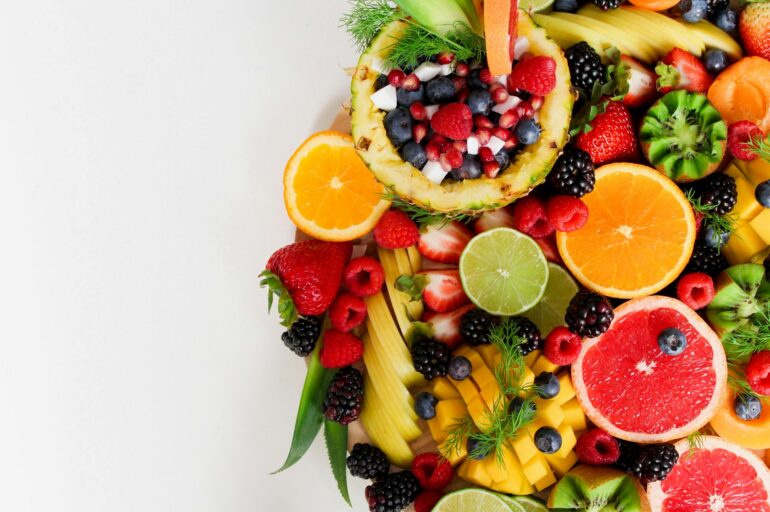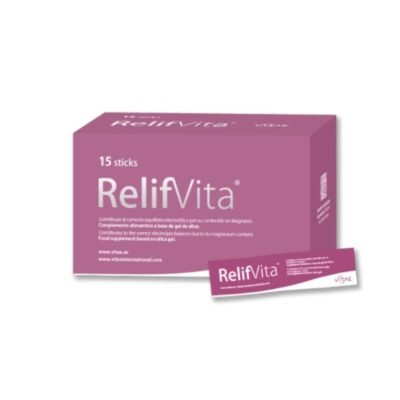It is essential to have a well-functioning digestive system, as it has been shown to have a great impact on overall well-being, both physical and emotional. According to the Spanish Digestive System Foundation, it is estimated that almost 50% of the Spanish population suffers from some type of digestive pathology. And digestive health influences disease prevention, defenses, behavior, emotions and is related to quality of life. Today we tell you about one of the problems that we are hearing more about lately, SIBO, what it is, what symptoms are suffered and what are its possible causes.
What is SIBO?
It is bacterial overgrowth in the small intestine that occurs when there is an abnormal increase in the entire bacterial population in the small intestine, particularly bacteria that are not usually found in that part of the digestive tract and are found in the colon area.
The intestine naturally contains bacteria and microorganisms that live in balance in variable quantities, what we know as microbiota . When an imbalance occurs, an alteration of the intestinal microbiota or dysbiosis occurs . This may be due to different causes, such as dietary restrictions or the use of antibiotics. In fact, one type of dysbiosis is SIBO.
It is estimated that approximately SIBO affects between 6 and 15% of the general population. It is usually in patients with underlying diseases such as inflammatory bowel disease, celiac disease or patients who have undergone gastrointestinal surgeries, the prevalence can rise up to 70%.
Main symptoms of SIBO
- Loss of appetite
- Abdominal pain
- Nausea
- Bloating
- Uncomfortable feeling of fullness after eating
- Diarrhea
- Unintentional weight loss
- Malnutrition
Most common causes
- Taking antibiotics recurrently
- High alcohol consumption
- Taking omeprazole or nexium causes low acid production in the stomach
- Gastric diseases such as chronic gastritis
- Alterations in intestinal mobility
- Surgeries on the digestive system
- Aging
Who can be affected most by SIBO?
There is no established pattern that coincides more in women or men with SIBO, therefore there is no profile as such. But there are factors that could make a person have or be more predisposed to suffering from SIBO.
- Regular use of antibiotics
- Surgical interventions in the small intestine
- Malfunctions in the MMC (migratory motor complex)
- People who often suffer from constipation
- People who have a diet rich in saturated fats, refined oils, soft drinks, ultra-processed foods , etc.
How is SIBO diagnosed?
It can be diagnosed through tests that directly or indirectly investigate the presence or amount of bacteria in the small intestine. The most common would be:
- Bacterial culture of duodenal or jejunal aspirate (parts of the small intestine) is considered the most reliable method. Although it is an invasive and complicated test, it is not usually used.
- Lactulose or glucose breath test , which indirectly measures the amount of bacteria present in the intestine.
What foods are best to avoid if you suffer from SIBO?
There are some foods that can worsen the condition of those who suffer from SIBO, which is why it is better to avoid them, such as:
- Fruits: apple, pear, watermelon, custard apples, mango, grapes
- Vegetables: garlic, artichoke, sweet potato, pumpkin, celery, onion
- Legumes: chickpeas, lentils, broad beans, beans
- Sausages and processed meats
- Dairy: milk (cow, sheep, goat), yogurt, soft cheeses, products made with lactose
- Beverages: drinks with fructose, alcohol, fruit concentrate
- Sweeteners
- Sauces: such as barbecue or ketchup
Foods that are allowed in case of SIBO
Foods that ferment less are those that cause fewer digestive problems in people who suffer from SIBO
- Fruits: pineapple, banana, clementine, kiwi, strawberries
- Vegetables and vegetables: tomato, zucchini, eggplant, carrot
- Legumes: green beans
- Nuts and oils: vegetable oils, chia seeds, walnuts
- Meats, fish and eggs: all types of unprocessed meats, all types of fish and eggs
- Cereals and tubers: oats, quinoa , buckwheat, gluten-free pasta, rice, potatoes
- Drinks: coconut milk, almond milk, tea, water, wine
At Vitae we care about your health and that is why we try to offer the best of us, providing valuable ideas for your daily life. Many times, to achieve full well-being, supplementation is necessary, and below we tell you our proposal.
Vitae solution
Labotatorio Vitae Health Innovation has several products in its catalogue that incorporate ingredients that can help to improve the symptoms of Small Intestinal Bacterial Overgrowth (SIBO). They are as follows:
IntestVita Enzymes is a food supplement based on four digestive enzymes (lipase, lactase, protease and amylase), and a combination of three bacterial strains present in the human intestine ( Lactobacillus gasseri , Bifidobacterium bifidum and Bifidobacterium longum ) that help promote digestion and regenerate beneficial intestinal flora. In addition, it will repopulate the flora due to taking antibiotics thanks to the probiotics it contains.
OlioVita Gastro is a food supplement based on sea buckthorn oil and beta-glucans that contributes to the maintenance of the digestive mucous membranes and the immune system. Several scientific studies have shown that beta-glucans contribute to the proper functioning of the gastrointestinal tract, stimulating microbiota activity and modulating the immune system against pathogens.
In addition, sea buckthorn oil provides moisturising and nourishing properties to restore the intestinal mucosa in the event of physiological disorders involving inflammation and mucosal damage.
Vitarlic Forte is a food supplement based on aged garlic extract with maximised active compounds. Due to its manufacturing process, this garlic is not repeated and does not produce odour or acidity. Aged garlic extract has an antibacterial, antifungal and antiviral action, which will eliminate excess bacteria in the intestine.






